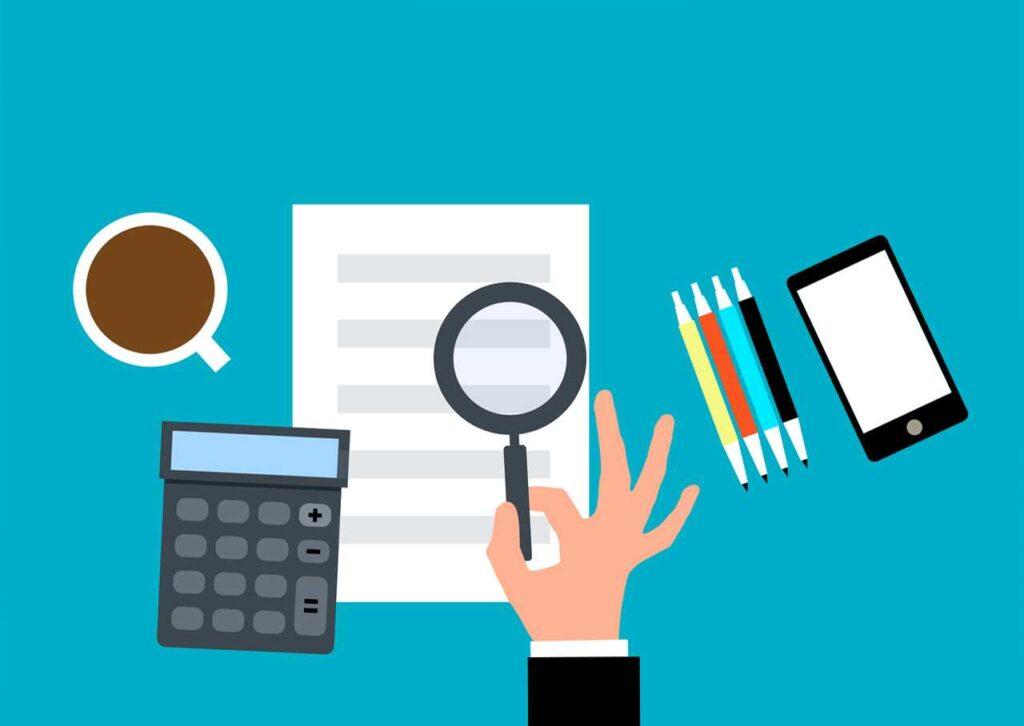15 Elements of Research Proposal: Unlocking the Secrets
There are different elements of research proposal. Among them, first of all, is its definition that can be elaborated as follows: A research proposal is a written plan that is written before undertaking a research project or research study. A research proposal is also known as a work plan, prospectus, outline, blueprint, or draft plan.
A research proposal is more than just a requirement; it serves as your guide. Its primary purpose is to articulate your study’s focus, its importance, and your research plan’s execution method. Without a coherent proposal, the project may lack focus and fail to meet its objectives.
Elements of research proposal, or components of the research proposal, are also called the structure of the research proposal. These are the following:
1. Title and Title Page

First impressions are crucial. A well-organized title page generally contains:
• Research Title: An engaging, brief, and descriptive title/topic name on which you will conduct research expectedly. For example, the title can be ”Impact of foreign loans on economic growth.”
• Author Information: Include your name/names as a researcher, institution, roll number (in case of a student), and date of submission of the proposal (month, year).
2. Abstract

The abstract offers a brief overview of the proposal. Condense the main goals, methodologies, and expected outcomes into a concise, convincing paragraph. Consider it the “trailer” for your research.
3. Introduction
It is the third element among the different elements of the research proposal. Set the stage by explaining the background and importance of your research. Clearly define the issue your study aims to tackle and outline the questions it intends to address. Give the current scenario and the historical background of your topic and its variables. This section should both engage and inform the reader.
4. Problem Statement/Research Question

This section leads to a statement of research question(s). A research question emerges from the need and rationale of the proposed research. This section needs to convince the sponsor or supervisor to continue reading the proposal. The reader’s attention can be captured by stating the problem, its background, its consequences, and the resulting question.
5. Significance of the Study
It is the fifth element among the different elements of research proposal. Clarify why your research is important. What practical issues will it resolve? How will it contribute to academic knowledge? Clearly express this value.
6. Objectives of the Research

It is the sixth element among the different elements of research proposal. This section details your intended accomplishments. Split these into:
• General Objectives: Main goals directly linked to your research question.
• Specific Objectives: Additional aims that enhance the general objectives. Policy recommendations or policy suggestions fall in specific objectives. There should be two or three specific objectives.
7. Literature Review/Review of Literature/Overview of Past Studies

Showcase your understanding of the field by analyzing existing research. Identify gaps in the literature and illustrate how your study will fill these voids. This confirms the significance of your proposal. In this element, published or working research papers, conference papers, theses, books, etc., are reviewed.
8. Data and Data Sources

Define which kind of data you will take, primary or secondary. If data is secondary, then which form of secondary data will be cross-sectional, time series, or panel data?
Also mention sources of data in case of primary data (village, city, or any specific population). In the case of secondary data, define, for example, WDI, CIA Factbook, economic survey of Pakistan, etc.
9. Generation of Hypotheses
It is the ninth element among the different elements of research proposal. Outline any hypotheses you’ve developed and discuss the theoretical basis for your study. For example, null and alternative hypotheses are formulated.
10. Research Methodology

It is the tenth element among the different elements of research proposal. Elaborate on your method for conducting the research. This includes:
• Research Design: Quantitative, qualitative, or a combination of both.
• Analysis Techniques: Statistical models, thematic analysis, etc. For instance, in economics, OLS technique, ARDL model, ARCH and GARCH models, Probit and Logit models, etc. are applied.
11. Theoretical Framework

It is the eleventh element among the different elements of research proposal. In this section, theories related to your topic are included in the research proposal. The purpose is to get more information related to your topic.
12. Timeline Frame

Provide a detailed schedule for your research tasks. Include milestones and deadlines to demonstrate that your project is realistic and well-structured. The period varies at different levels of research. Some research projects take months to complete while others take years to complete.
13. Budget and Resources

Detail the expected expenses and any necessary resources, such as equipment, software, or personnel. For instance, in social sciences research, teams go to the field to collect data, so a budget is allocated for their traveling, food, and overnight stay expenditures. So categorize the budget for better clarity. If there is no funding for your research project, then simply tell it that no funds are available for this research project.
14. Ethical Deliberations

It is the fourteenth element among the different elements of research proposal. Discuss how you will safeguard participant rights, maintain data confidentiality, and adhere to ethical research practices. This is especially important when involving human subjects.
15. References
It is the last element among the different elements of research proposal. List all sources and studies cited in your proposal. A comprehensive reference section indicates thorough preparation. References are written in APA, MLA, and Chicago style. APA style is the most popular among the three styles.
Conclusion
An effective research proposal is your initial step toward success. By covering all the essential components detailed here, you can ensure clarity, organization, and persuasiveness when presenting your ideas. All the elements of research proposal have key importance. Best of luck with your research journey!


